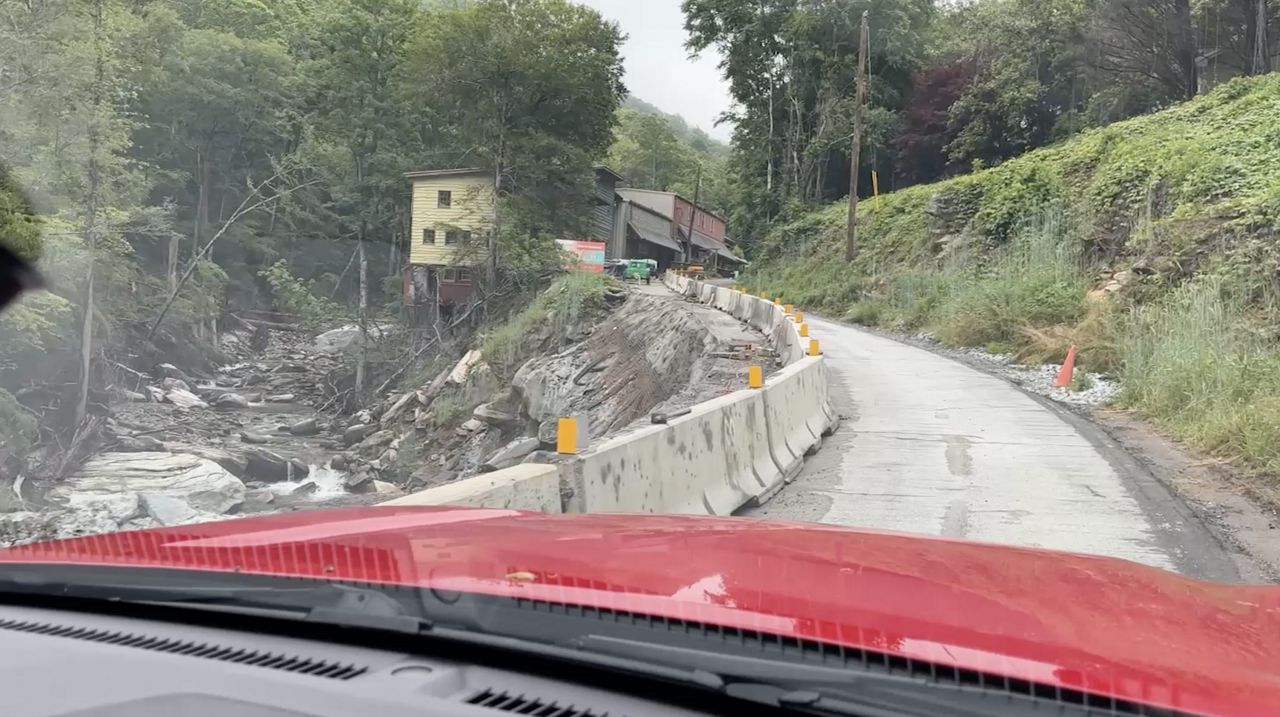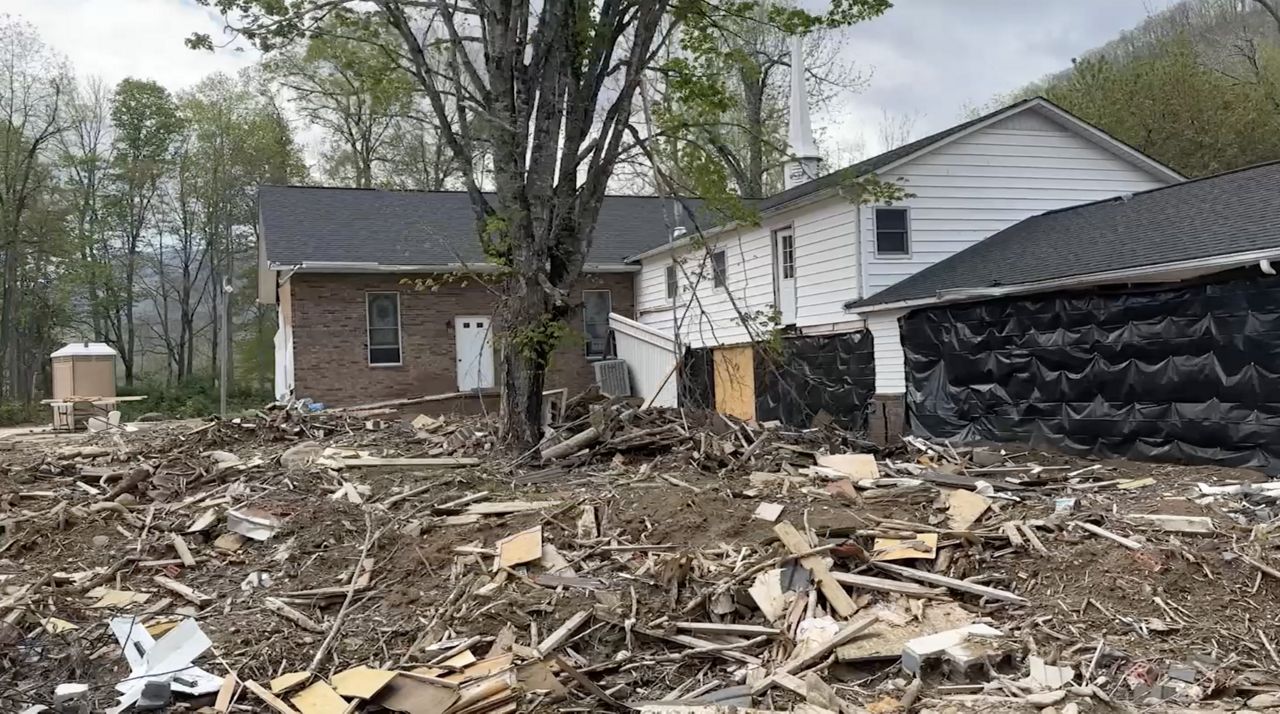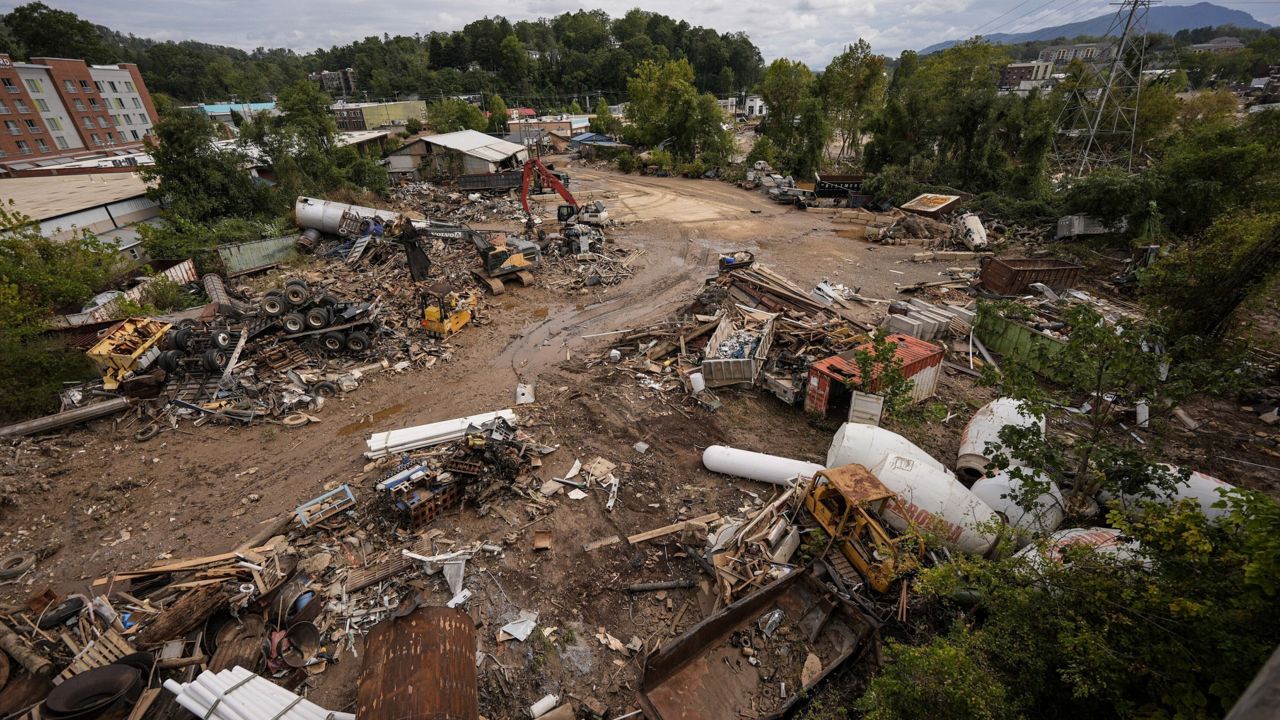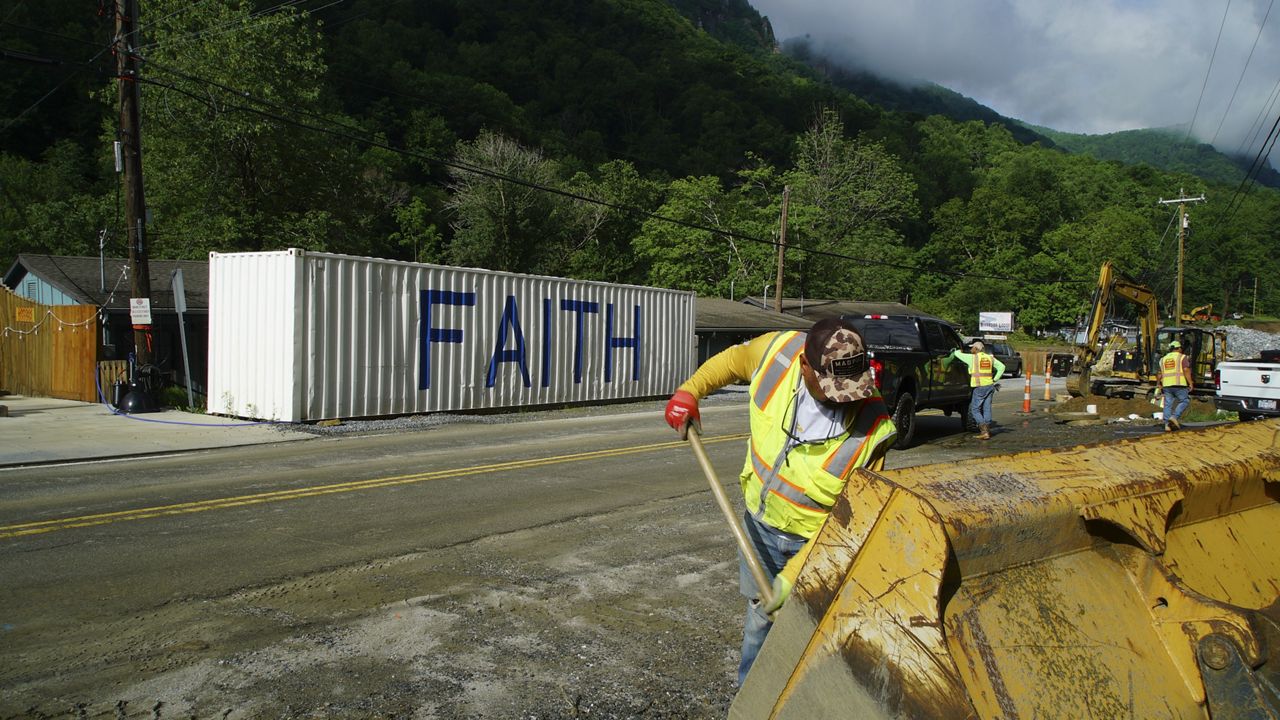WILMINGTON, N.C. — When Hurricane Florence hit North Carolina in 2018, it wreaked havoc on many homes and properties up and down the state's coast. Years later, some families are still recovering from that destruction.
The Wilmington Housing Authority says more than 150 families in their care were displaced after Florence because of mold issues that developed in their homes from the storm.
What You Need To Know
- At least 150 families have been displaced due to mold issues after Hurricane Florence
- Many of those families have been living in hotels for at least a year
- Some of those families are concerned that when they return home, their space will still be unsafe for living
Takia Genwright and her kids bounced from hotel room to hotel room for a year — and it hasn’t been easy. They’ve been crammed into one room with two double beds, a small kitchen and one bathroom.
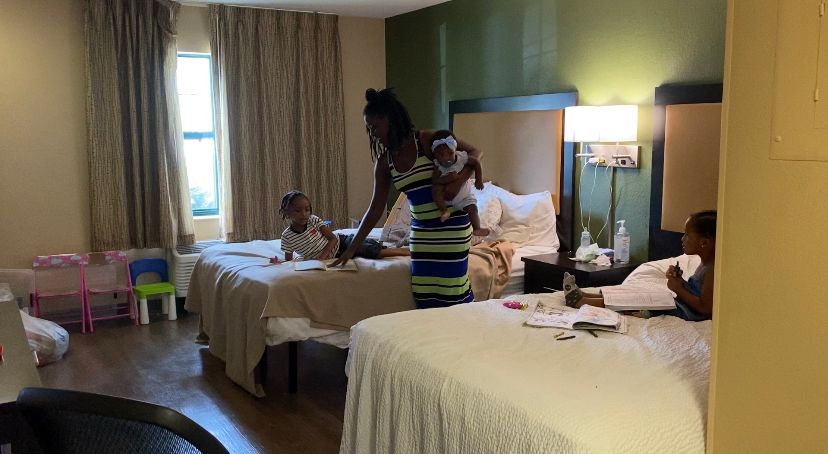
“I’m just ready to have my own space back,” Genwright said. “'Cause these kids, with us sitting here in this one room for this long is just a lot, and it’s a lot on the mental, and it’s a lot on everything.”
After Florence, they thought they were in the clear. Soon after, however, the damage slowly began to show.
“So his nose actually started bleeding, but I’m just thankful it didn’t get worse because there’s some people that their asthma started flaring up, and there’s so many other people that got sick and had to go to the hospital,” Genwright said. “So we actually got it a little light with just the nose bleeds, and they were getting sick with colds like every, every, it takes two weeks for the cold to break so like it was crazy before we left.”
It was all because of mold. The moisture from Florence combined with poor circulation in the apartments was a recipe for disaster, causing at least 150 families, including Genwright’s, to be displaced.
Many of the families are worried that the situation hasn’t been handled correctly.
“Before you even get moved out, they test for the mold. They test for the mold and it comes back positive, they move you out, they’re supposed to take your belongings and everything out the next day and put them into storage places, but we haven’t had that, so we’ve been here a year and our stuff has been there for a year in our apartment still. They ran out of storages, so it’s a lot people that’s their stuff still in their house getting mold on them.”
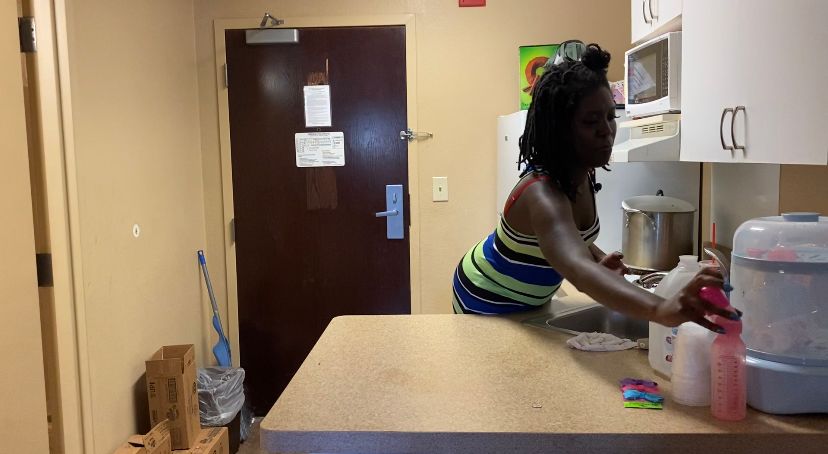
Genwright says she’ll have to replace almost everything in her apartment. The Wilmington Housing Authority says they’re giving stipends and vouchers to help ease that burden, but Genwright says that still won’t be enough to replace everything.
Even though the path back to normalcy will be a rocky one, she’s still excited to go home.
“Because we just sitting in here with all of us crowded together for a year is a lot,” Genwright said. "It’s a lot on all of us, it’s me, them and the people that work here you know, the toddlers screaming and stuff, so yeah we’re just ready to get back.”
And so are the kids, who haven't had many options for places where they can play.
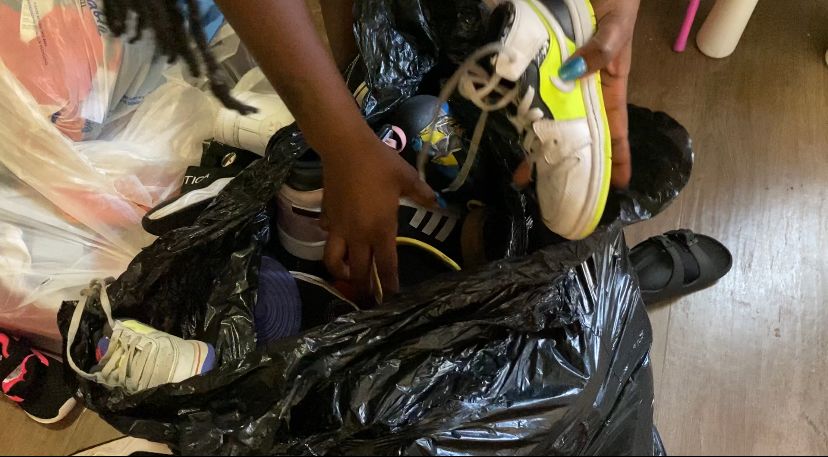
“My friend, well…their son, and he found a needle, a drug needle, out here and we had to take him to the hospital,” Genwright said. “But this where they have to play at, in the parking lot of the church.”
For Genwright, having her space back and giving her kids a chance to safely play outside again will mean everything.
“I just can’t wait till we go back because like I said, we have a park in Creekwood, we have a park in Creekwood. We have a splash pad. They’d be able to play there if we were home,” Genwright said. “Like I said, it’s hard.”
Spectrum News 1 reached out to the Wilmington Housing Authority about belongings being left in homes with mold. They said that all units are checked by licensed environmental contractors who do air quality inspections before anyone is allowed to move back in.
The Wilmington Housing Authority says they are hoping to have every displaced family returned home by the end of the year.







